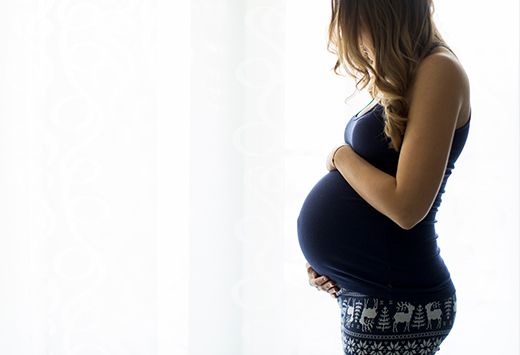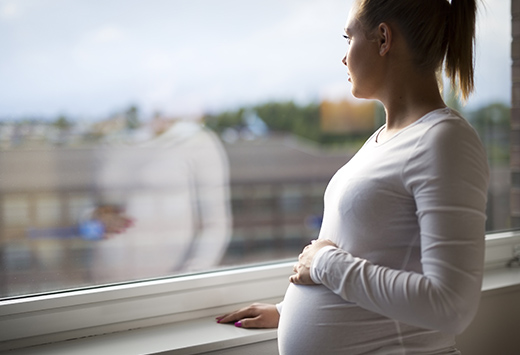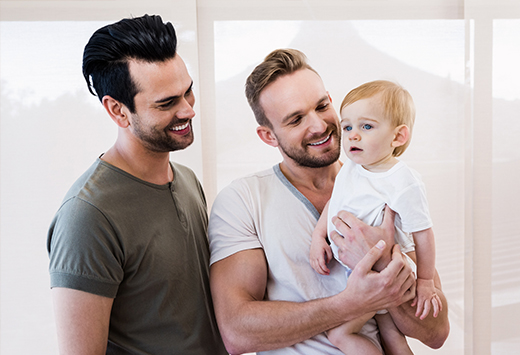In the adoption triad consisting of the child placed for adoption, adoptive parents, and birth parents, the birth parents are seldom mentioned and their stories generally go unheard. Who are the birth mothers who place their child for adoption?
Birth Mothers Who Place Their Child for Adoption
Because birth parents generally don’t have an outlet to share their stories, some of what we hear stems from myth. Closed adoptions don’t allow the birth parents’ stories to be shared. Despite the myths, there is no “typical” birth mother. They come from varying walks of life. There is no possible way to formulate a stereotype to represent the typical birth mother, because there is no typical birth mother.
On that note, there is no typical adoptive parent, either. LGBT adoption, a career-woman in her late 30’s, a well-established heterosexual married couple in their 40’s-every adoptive parent story is just as unique as the birth mothers’. Humans are diverse and complex individuals who cannot be stereotyped, and that is definitely true of the adoption experience.
The Average Birth Mother
The average birth mother cannot be labeled and put into a box, as we mentioned. However, there are a few characteristics that tend to be in common with the average birth mother:
-
Birth mothers range in age anywhere from early teens to late thirties. The majority are in their mid-20’s.
-
Financial hardship is the most common reason the birth mother has decided to place her child for adoption, but it is usually coupled with another reason.
-
Most birth mothers who decide to place for adoption are already parenting one child.
Psychological Effects of Adoption on the Birth Mother
Just as no two birth mothers are alike, the psychological effects of placing their child for adoption also varies. Some birth mothers feel relief, gratitude and acceptance, while others feel loss and grief. Some may be comforted by the hope of giving their child a better life, but still struggle with the grief that comes from the loss of their parenting role. The child’s birthday, first day of school, and other important milestones may be hard days for the birth mother.
In infant adoption, the act of surrendering the child over to their adoptive family after birth can result in numbness, denial, and shock. Secondary complications, such as the disapproval of family or the secrecy of the adoption, can lead the birth mother to feel like she can’t grieve. When there is a public loss, the grieving individual receives the comfort and compassion from family and friends. With private adoption, the birth mother’s loved ones often don’t know what to say or say nothing at all. All of these circumstances can cause psychological problems for the birth mother. Whether the adoption is open or closed also plays a factor into how the birth mother copes psychologically.
It is not appropriate to stereotype the birth mother as all birth mothers are vastly different human beings. They each have their own unique experience. Birth mothers often do not get the chance to share their story, so the best way to learn is to ask and listen.




